Q: What have some of the key highlights been for AquaB in recent years?
MRG: Since Prof. English and I got started with our nano-bubbles invention almost five years ago, things have proceeded at a break-neck pace. There have been three PCT-patents and a steady stream of new generations of various reactor configurations appearing. So, some key highlights have been how the technology has developed.
NE: Yes, I agree. In addition, I would say that cultivation and engagement with the market has been most illuminating, in terms of identifying the needs of potential customers, as well as understanding new end-applications for this most promising of platform technologies.
Q: What have some of the biggest challenges been in AquaB’s development?What have some of the key highlights been for AquaB in recent years?
NE: Hah, you know how to ask some tough questions! Well, I think that the technology-transfer and IP-handling have been difficult to negotiate, as well as the mentality of some potential customers in wanting everything for free. Also, the near-expectation, or zeitgeist, in many innovation quarters nowadays seems to be that a small, innovative company would never contemplate, at least to some extent, “bootstrapping” and building up its finances that way, and thence through some form of possible debenture-finance, based on increasingly reliable revenues.
MRG: Yes, agreed to that. However, I would also say that overcoming communication barriers and different group’s expectations of levels of product testing is also a feature, as well as things “lost in translation” between, say, analytical-chemistry laboratory characterisation and engineering real nano-bubble generators for macroscopic performance.
Q: What is on AquaB’s agenda now?
NE: We are busy on further consolidation of earlier prototype trials and in developing commercial activities worldwide, especially in the US market. In terms of earlier “market-entry” goals, we feel that agriculture and irrigation are key markets, alongside fish-farms – although the broader arena of wastewater treatment is a truly huge opportunity on which we focus, naturally.
MRG: Yes, that is true. I would also state that fermentation is an important area – brewing, distilling and many industrial processes. That and hydrogenation reactions.
NE: Yes, I full agree. I would also state that we are focusing too on water-body aeration and carbonation – to either eliminate or cultivate algae, as the case may be.
MRG: One of the good points for platform-wide activity is that many of our NB generators are interchangeable for end-use applications, with relatively minor customisation and design re-fitting, based on a lot of in-house know-how.
Q: What’s next for AquaB?
MRG: The development of our latest configurations of our various types of generators, some of which you can see described on our website. Also, robust business models for their monetisation.
NE: That’s right. I would also say that we want to broaden our base of end-applications to take into account the platform-wide nature of our nano-phase technology. The arena of broader compliance with Paris-Accord climate goals, and associated “Green-Business” bonds to finance much of this, is an area where AquaB shall be proactive. Clearly, water treatment is a huge ultimate goal, in that perhaps about two-thirds of the energy inventory in wastewater treatment lies in water aeration – which we would seek to reduce dramatically.
Q: Well gentlemen, thanks for this quick catch-up. One final point: what advice might you give to other high-tech start-ups out there, or researchers/inventors thinking about “going for it” and setting up a business?
MRG: I think that developing the technology as much as possible before being in contact with potential ”beta-testers” and end-user “champions” is very useful. Overcoming disciplinary barriers between lab-chemistry folk, biologists, physicists and various species of engineer is vital, as technical terms often get “lost in translation” and different communities tend to have various “figures of merit” that appeal to them.
NE: Although it sounds often completely counter-cyclical with business-school textbook approaches to business development, I emphasise the idea of working tirelessly on developing the products and business development without the use of external equity investment, if possible. Sacrificing a good deal of time and energy to develop even one paying customer and consolidating that is all-important, and then the gradual build-up of revenues. In other words, old-fashioned grit and hard work. Trust yourself and you other co-founders, and be wary of any early “deals” that gives away control or market access. Work closely with the tech-transfer community and state funders, if applicable. We must thank UCD-Nova and Enterprise Ireland for their assistance in our earlier years at UCD, and we are very proud of our UCD roots and involvement.
